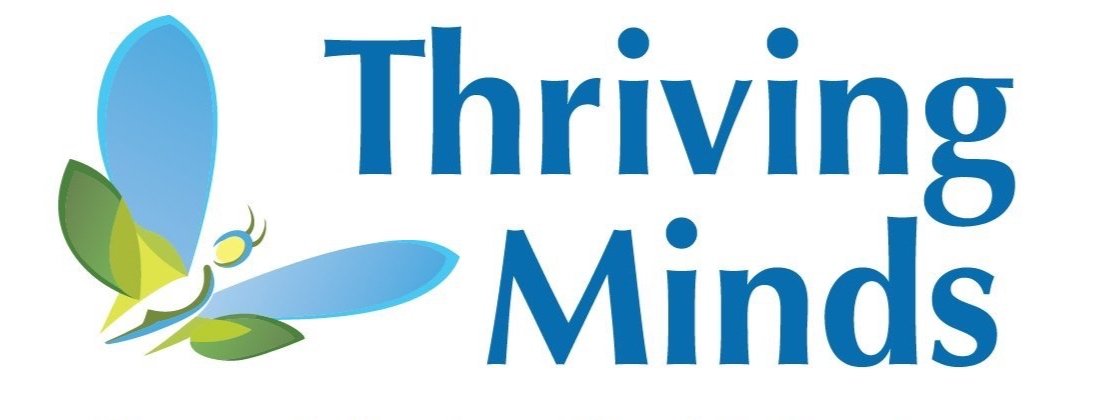Avoiding Thought Traps: Five Unhelpful Thoughts of Professionals who Work with Children
Do you ever notice yourself frustrated with progress while working with your child clients or students? Do you notice thinking patterns that leave you feeling stuck? Cognitive distortions, or “unhelpful thoughts” are like optical illusions for our thoughts, subtly changing our view of the problem. In this article, we'll delve into common unhelpful thoughts we encounter in child-focused professionals as well as strategies for addressing them.
Unhelpful Thought #1: This child is manipulative.
It is easy to fall into the trap that the child is purposely trying to be challenging in order to get a rise out of adults or to “manipulate” the situation. Labelling the student as manipulative ignores the fact that children are continuously learning and testing boundaries as part of their developmental process. It's crucial to recognize that what may appear as manipulation is often a child's way of expressing needs, emotions, or seeking attention—typical needs and motivators in children. Instead of labeling the child as manipulative, it's vital to recognize a potential skills gap. The child may lack the ability to express their needs effectively. By viewing their actions as an attempt to convey their unmet needs rather than manipulation, we can respond with empathy and help them cultivate more appropriate strategies to get their needs met.
Unhelpful thought # 2: This child’s parents are not invested in my work with the child.
This thought may stem from miscommunication, incorrection assumptions, or unclear expectations of involvement from parents and professionals. It is helpful to consider a Dialectical Behavior Therapy assumption here: "Everyone is doing the best they can with the capabilities and resources they have in that moment AND everyone can do better.” Recognizing and understanding their unique circumstances, concerns, and contributions fosters open communication, leading to a more collaborative and fruitful partnership.
Unhelpful Thought #3: This child *should* be able to do this already (for example, by this time of year, this age, etc.).
The unhelpful thought that a child *should* possess certain abilities by a particular point in time can lead to unwarranted pressure and frustration. Such expectations may not consider the unique pace of individual development. It makes sense that a professional could get frustrated if a child’s level of independence, emotional maturity, or academic skills are not up to age and grade expectations. However, trying to reframe this thought and figure out what is reasonable to ask of THIS child offers more opportunity for problem-solving and less opportunity for frustration.
Unhelpful Thought #4. Nothing works. We need to start over with a totally new plan.
When progress is slow, goals are unclear, and crises occur frequently, it's tempting to fall into a thinking trap. While there may be times to start fresh with a new plan, it's important to have a clearly defined goal and collect data before discarding the entire plan. For instance, consider revising your goal to something measurable, like "Josh will attend all classes with no more than 2 calming breaks used throughout the week." This way, progress can be more easily measured and tracked. If data continue to support the notion that your plan isn’t working, the revising goals or trying approach may be warranted. However, it is easy to get stuck always looking for a new solution when sometimes we haven’t given our intervention enough attention or time to be helpful.
Unhelpful Thought # 5. **I have no idea what I’m doing.”
Imposter syndrome, which occurs when clinicians doubt their abilities and competence, is a common problem encountered by clinicians working with children. This often leads to feelings of inadequacy and anxiety. Clinicians can combat imposter syndrome by practicing self-reflection, seeking feedback and guidance from colleagues, and engaging in ongoing professional development and education. Ask yourself “Is this thought accurate? Is it helpful? What am I specifically upset about in this situation?” Becoming unstuck from these thoughts can help lead to breakthroughs and problem solving solutions.
In the realm of supporting children and families, it is easy to fall into unhelpful thinking traps. Rest assured, you're not alone, as these are a natural part of our demanding professional landscape. By practicing self-compassion and addressing our own unhelpful thoughts, professionals can work to become “unstuck,” thus providing better support to young clients and students.

